Faculty Research
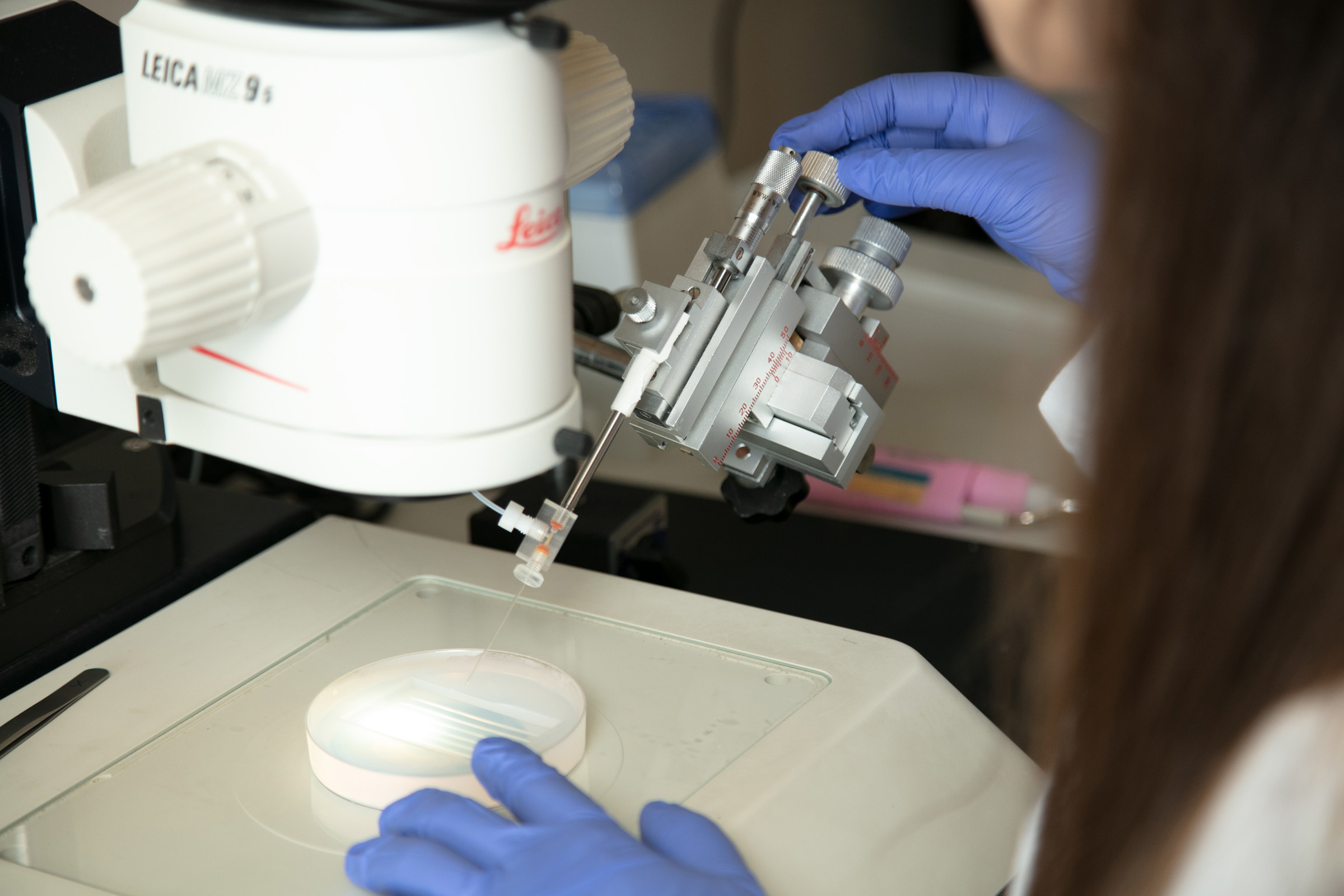
At the Hanna and Mark Gleiberman Head and Neck Cancer Center, internationally recognized physician-scientists are pursuing research at the leading edge of medicine. From new minimally invasive surgical interventions to clinical trials for new therapeutics, our faculty are at the forefront of translational head and neck cancer science.
Learn more about our faculty members’ research below.
Liza Blumenfeld, MA, CCC-SLP, BCS-S
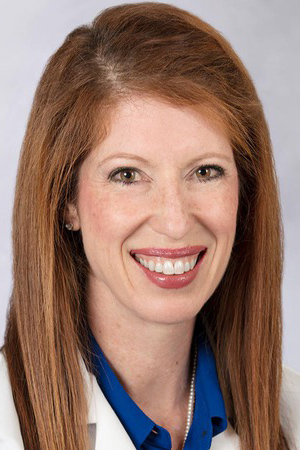 Liza Blumenfeld, MA, CCC-SLP, BCS-S
Liza Blumenfeld, MA, CCC-SLP, BCS-S
Co-Director, Hanna and Mark Gleiberman Head and Neck Cancer Center
Director, Speech-Language Pathology
Liza Blumenfeld is a medical speech-language pathologist, board certified swallowing disorders specialist and co-director of the Hanna and Mark Gleiberman Head and Neck Cancer Center at Moores Cancer Center. She is also adjunct professor of dysphagia in the department of communicative disorders at San Diego State University.
Liza has devoted the majority of her career cultivating expertise in the management of complex speech and swallowing disorders associated with head and neck cancer. This has also been the cornerstone of her research interests. Her mission lies in in developing quantifiable methods to diagnose the precise nature of the deficits, and use the data to generate rehabilitation methods with pinpoint accuracy.
As co-director of the Hanna and Mark Gleiberman Head and Neck Cancer Center, she plays a lead role in developing multidisciplinary care pathways that provide patients with essential resources before, during and after their head and neck cancer journey to optimize functional outcomes and overall quality of life. She has lectured nationally and internationally and has published in numerous peer-reviewed journals.
Learn more | Lab information forthcoming
Joseph A. Califano III, MD
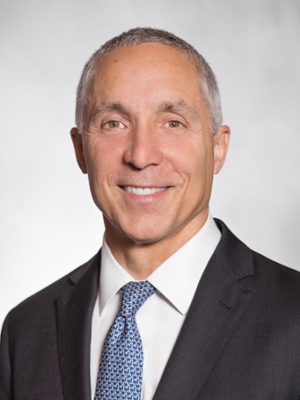 Joseph A. Califano III, MD
Joseph A. Califano III, MD
Director, Hanna and Mark Gleiberman Head and Neck Cancer Center
Iris and Matthew Strauss Chancellor’s Endowed Chair in Head and Neck Surgery
Professor, Division of Otolaryngology, Head and Neck Surgery, Department of Surgery
Joseph Califano, MD, is an internationally recognized physician-scientist who has translated multiple discoveries from his own laboratory into the clinic, including detection of HPV-related and other head and neck cancers. His major focus is the clinical practice of head and neck surgical oncology and the integration of basic, molecular biologic research.
A graduate of Harvard Medical School, Dr. Califano performed his otolaryngology-head and neck surgery residency at Johns Hopkins Hospital, and completed a fellowship in head and neck surgical oncology at Memorial Sloan-Kettering Cancer Center. His surgical practice focuses on minimally invasive treatment of tumors of the larynx, pharynx and neck, as well as treatment of premalignant conditions of the upper aerodigestive tract.
Dr. Califano also directs an NIH funded laboratory investigating the molecular biologic basis of head and neck cancer, and leads clinical trials for novel therapeutics for head and neck cancer treatment. He has published over 300 articles related to both the clinical and basic scientific aspects of cancer, and serves as the co-chair of the NIH Head and Neck PULA Task Force and council member of the American Head and Neck Society, NCCN Board of Directors, as well as other professional organizations and editorial boards.
Learn more | About the Califano Lab
Ezra Cohen, MD, FRCPSC, FASCO
Ezra Cohen, MD, FRCPSC, FASCO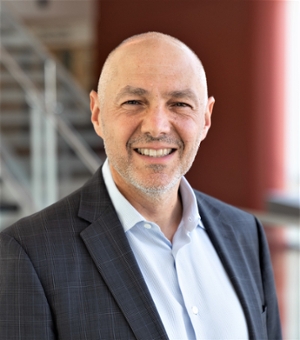
Co-Director, Hanna and Mark Gleiberman Head and Neck Cancer Center
Chief, Division of Hematology/Oncology, Department of Medicine, UC San Diego
Co-Director, San Diego Center for Precision Immunotherapy
Associate Director for Clinical Science, UC San Diego Moores Cancer Center
Co-Leader, Solid Tumor Therapeutics Program
Ezra Cohen, MD, is chief of the Division of Hematology-Oncology, and co-director of the San Diego Center for Precision Immunotherapy. A physician-scientist, Dr. Cohen led an independently funded laboratory interested in mechanisms of action of novel therapeutics. He has made major contributions to targeted and immunotherapy. His research has received peer-reviewed funding in the study of epidermal growth factor receptor inhibitors, cell therapy, and immunotherapy in head and neck cancer. He has made major contributions to the understanding of critical signaling pathways, integration of novel agents into standard of care, and definition of mechanisms to overcome resistance to drug therapy. He has also recently co-developed a personalized neoantigen vaccine using unique cancer mutations to boost an anti-tumor immune response.
Dr. Cohen is associate director for clinical science, co-leader of the Solid Tumor Therapeutics research program and co-director of the Hanna and Mark Gleiberman Head and Neck Cancer Center at Moores Cancer Center. Among other roles, he serves as a member of the Protocol Review and Monitoring Committee (PRMC), the Cancer Council, and the Cancer Center’s Executive Committee.
Theresa Guo, MD
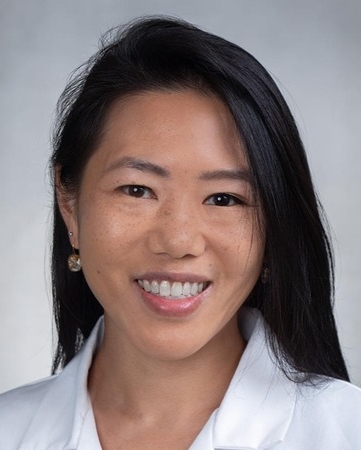 Theresa Guo, MD
Theresa Guo, MD
Assistant Professor of Surgery, UC San Diego School of Medicine
Theresa Guo, MD, is a board-certified head and neck surgeon who treats patients with head and neck tumors, including salivary gland, thyroid and parathyroid disorders, as well as cancer of the face, scalp, nose, mouth, tongue and throat.
Dr. Guo approaches treatment of head and neck cancer by including a whole team of experts. Treatment can be a complex combination of surgery, radiation and/or chemotherapy. Diseases of the head and neck have a significant impact on one's quality of life, so a team approach is essential to achieve comprehensive care and to help patients maximize quality of life throughout their journey.
Her research seeks to understand post transcriptional changes, including alternative splicing events, which are prevalent in head and neck cancer. Utilizing computational biology methods, she seeks a deeper understanding of these post transcriptional genomic alterations that are not readily apparent through sequencing alone. Splicing alteration and post transcriptional alterations represent an understudied gap in genomic knowledge that seeks to understand changes that occur between DNA mutations and ultimately expressed protein phenotypes in tumors. By harnessing computational tools, she hopes to translate this genomic knowledge towards the delivery of precision cancer care in head and neck cancer.
J. Silvio Gutkind, PhD
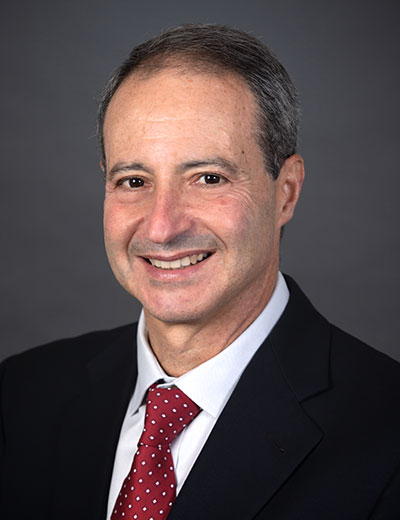 J. Silvio Gutkind, PhD
J. Silvio Gutkind, PhD
Co-director for Basic Science, Hanna and Mark Gleiberman Head and Neck Cancer Center
Distinguished Professor and Chair, Department of Pharmacology, UC San Diego School of Medicine
Associate Director of Basic Research, Moores Cancer Center
Silvio Gutkind is a basic scientist with a passion for translating findings and discoveries into new, effective, safe and low-cost precision cancer therapeutic options to prevent and treat human malignancies. His work exploits the emerging information on dysregulated signaling circuitries and individual genomic and molecular alterations to develop new precision therapies to prevent and treat cancer.
His laboratory has focused on the study of growth-promoting signal transduction pathways; the nature of the dysregulated signaling networks in cancer; and on the use of genomic, proteomic and system biology approaches to study cancer initiation and progression. Specifically, his work has shown that human and virally-encoded G proteins and G protein coupled receptors (GPCRs) can display potent oncogenic activity. His lab also explores the role of the mTOR pathway in head and neck cancer, a disease that results in 250,000 deaths each year worldwide.
A leader of a national and international effort to address oral and head and neck malignancies, Dr. Gutkind is the chief of the Oral and Pharyngeal Cancer Branch, National Institute of Dental and Craniofacial Research, and a leader of an NCI/trans-NIH program in oral cancer research.
Scott Lippman, MD
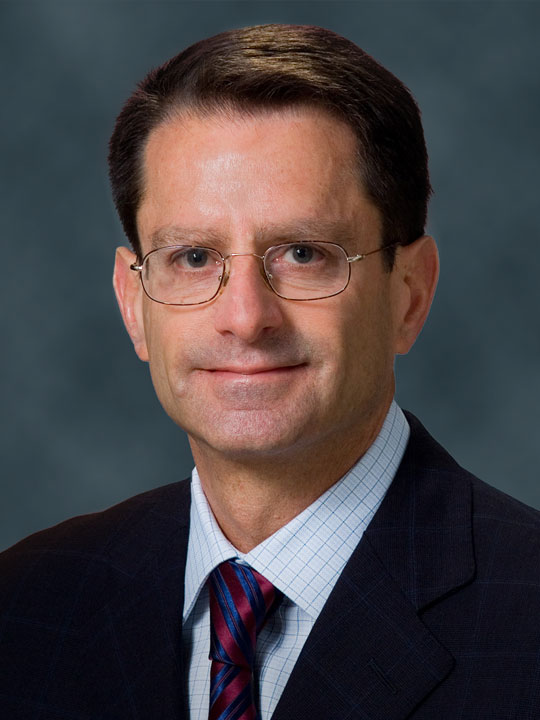 Scott Lippman, MD
Scott Lippman, MD
Professor of Medicine, UC San Diego School of Medicine
Senior Associate Dean and Associate Vice Chancellor, Cancer Research and Care
Chugai Pharmaceutical Chair in Cancer
Scott M. Lippman, MD, brings more than 25 years of experience as principal investigator of translational research involving investigator-initiated clinical trials and maintains an active clinical practice. His research interests include clinical and translational research focused on head and neck and lung cancer; genetic drivers of cancer; predictive molecular signatures, biomarkers for clinical response in solid tumors; design of trials using molecular targets and markers for cancer prevention and therapy. Since 1990, he has had continuous funding from the National Cancer Institute (NCI), including as a principal investigator developing personalized or precision medicine.
Dr. Lippman has participated in the national leadership of clinical and translational research planning and development within the National Cancer Institute Cooperative Group setting and currently sits on the NCI Clinical Trials and Translational Research Advisory Committee (CTAC). He chairs the CTAC Clinical Trials Strategic Planning subcommittee and is chair of the NCI Chemo/Dietary Prevention Study Section. He serves on several NCI boards. Dr. Lippman has served on the United States Food and Drug Administration Oncologic Drugs Advisory Committee and was elected to the board of directors for the American Association for Cancer Research (AACR), Association of American Cancer Institutes and National Comprehensive Cancer Network.
Learn more | Lab information forthcoming
Loren Mell, MD
 Loren Mell, MD
Loren Mell, MD
Chief, Disease Team Academic Development, Moores Cancer Center
Co-Director, Hanna and Mark Gleiberman Head and Neck Cancer Center
Professor and Vice Chair, Clinical and Translational Research
Dr. Loren Mell is a dedicated physician-scientist, he is the recipient of multiple NIH grants to study effects of radiation on the immune system. He is the principal investigator of several national clinical trials, including the NRG-HN004 and KEYCHAIN randomized trials investigating immune checkpoint inhibitors for patients with head and neck cancer. Dr. Mell serves on several national committees including the NRG Oncology and NCCN Head and Neck Cancer Committees and the NIH Radiation Therapy and Biology Study Section. He co-chairs the National Cancer Institute Head/Neck Cancer Steering Committee as well. Dr. Mell is the author of over 300 scholarly articles and is lead editor of the textbook Principles of Clinical Cancer Research.
In addition to his research expertise, Dr. Mell is an experienced clinician with expertise in multiple disease sites including head/neck, skin and gynecologic cancers. He has been an invited speaker at over 50 national and international cancer symposia and conferences. Outside of medicine, he has published several artistic works and enjoys spending time with his family, skiing, playing softball and running
Andrew Sharabi, MD, PhD
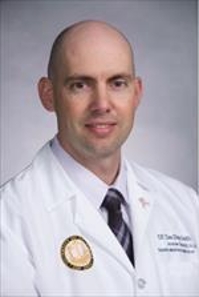 Andrew Sharabi, MD, PhD
Andrew Sharabi, MD, PhD
Associate Professor, UC San Diego School of Medicine
Director, Center for Precision Radiation Medicine
Director, Radiation Medicine Core Facility, Moores Cancer Center
Andrew Sharabi, MD, PhD, is a dedicated basic and translational scientist whose research focuses on understanding the fundamental interactions between radiation and the immune system, and on identifying strategies to combine radiation with immunotherapy. He is the principal investigator (PI) on a National Institutes of Health (NIH) R01 Grant focused on adaptive immune responses in head/neck cancer and a co-investigator on a prestigious NIH Moonshot U01 Grant evaluating neo-antigen T-cell responses in head/neck cancer. He is also the PI of a randomized phase II clinical trial translating his preclinical laboratory work into patients as well as an early phase clinical trial evaluating the safety and efficacy of combining immunotherapy and SBRT in early stage lung cancer.
In addition to being a researcher, Dr. Sharabi is also a clinician and practices at Moores Cancer Center at UC San Diego Health. He is involved with resident education overseeing the radiation biology curriculum.
Adam J Engler, PhD
 Adam J. Engler, PhD
Adam J. Engler, PhD
Adam J. Engler is a Professor and Chair of the Shu Chien-Gene Lay Department of Bioengineering at UC San Diego, where he has been on faculty since 2008. Dr. Engler also holds the Kenneth Bowles Endowed Chair and is a resident scientist at the Sanford Consortium for Regenerative Medicine. Prior to starting his independent career, Dr. Engler was awared his PhD from the Univeristy of Pennsylvania and performed postdoctoral training at Princeton University.
Dr. Engler has published more than 130 peer-reviewed manuscripts, and his seminal work has shown how physical and chemical properties of the extracellular matrix influence or misregulate cell function and modify genetic mechanisms of disease. His lab currently studies this phenomenon in the context of cardiovasular diseases and cancer.
Dr. Engler has received numerous awards in recognition of this research, including young invesitgator or mid-career awards from International Society for Matrix Bilogoy (2008), Biomedical Engineering Society (2008 and 2023), American Society of Matrix Biology (2014), American Society of Mechanical Engineering (2025), and American Society for Engineering Education (2018). Dr. Engler is a NIH New Innovator Award grantee (2009) and is a Fellow of the American Institute for Medical and Biomedical Engineering (2018), the Biomedical Engineering Society (2021),and the International Academy of Medical and Biological Engineering (2024).